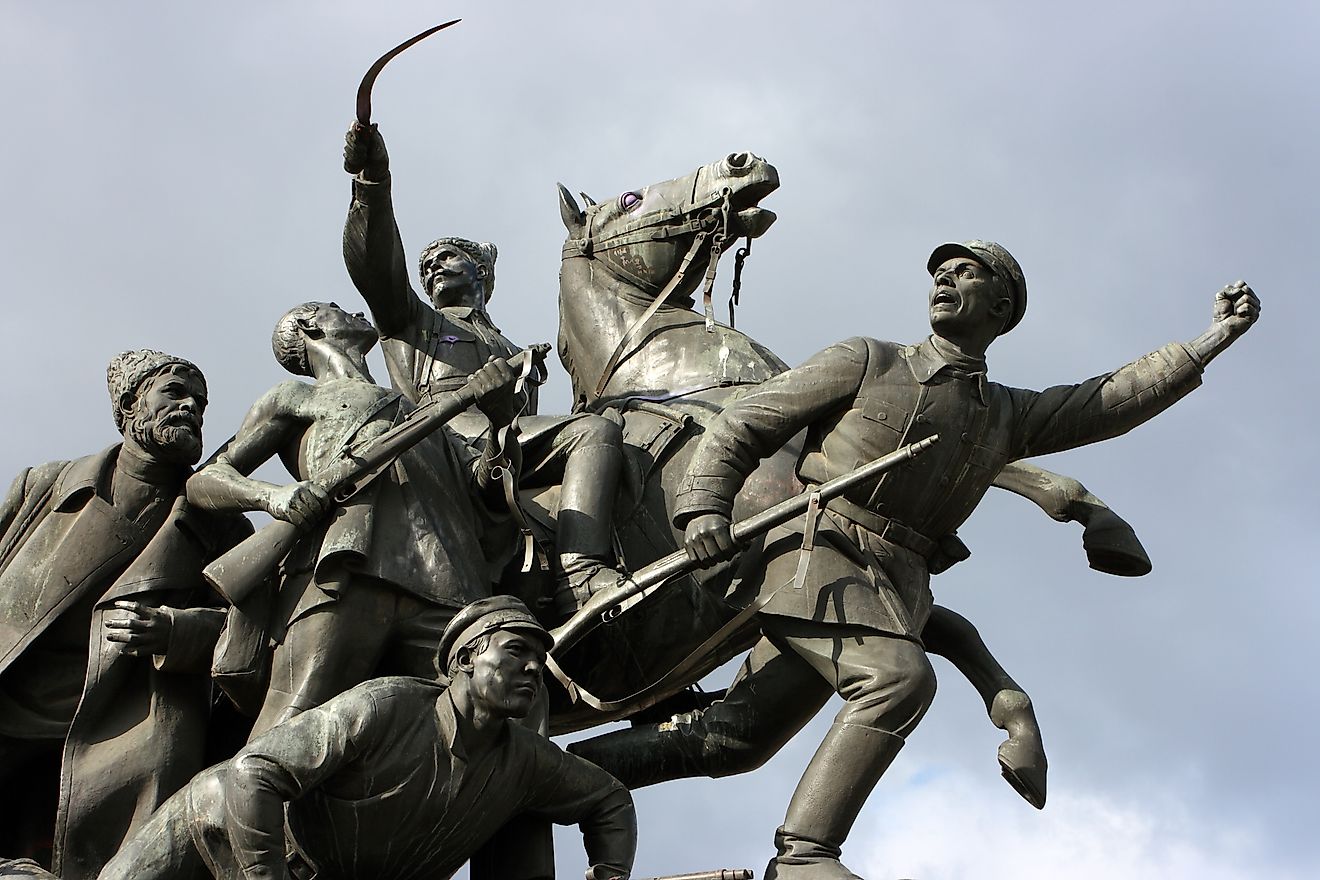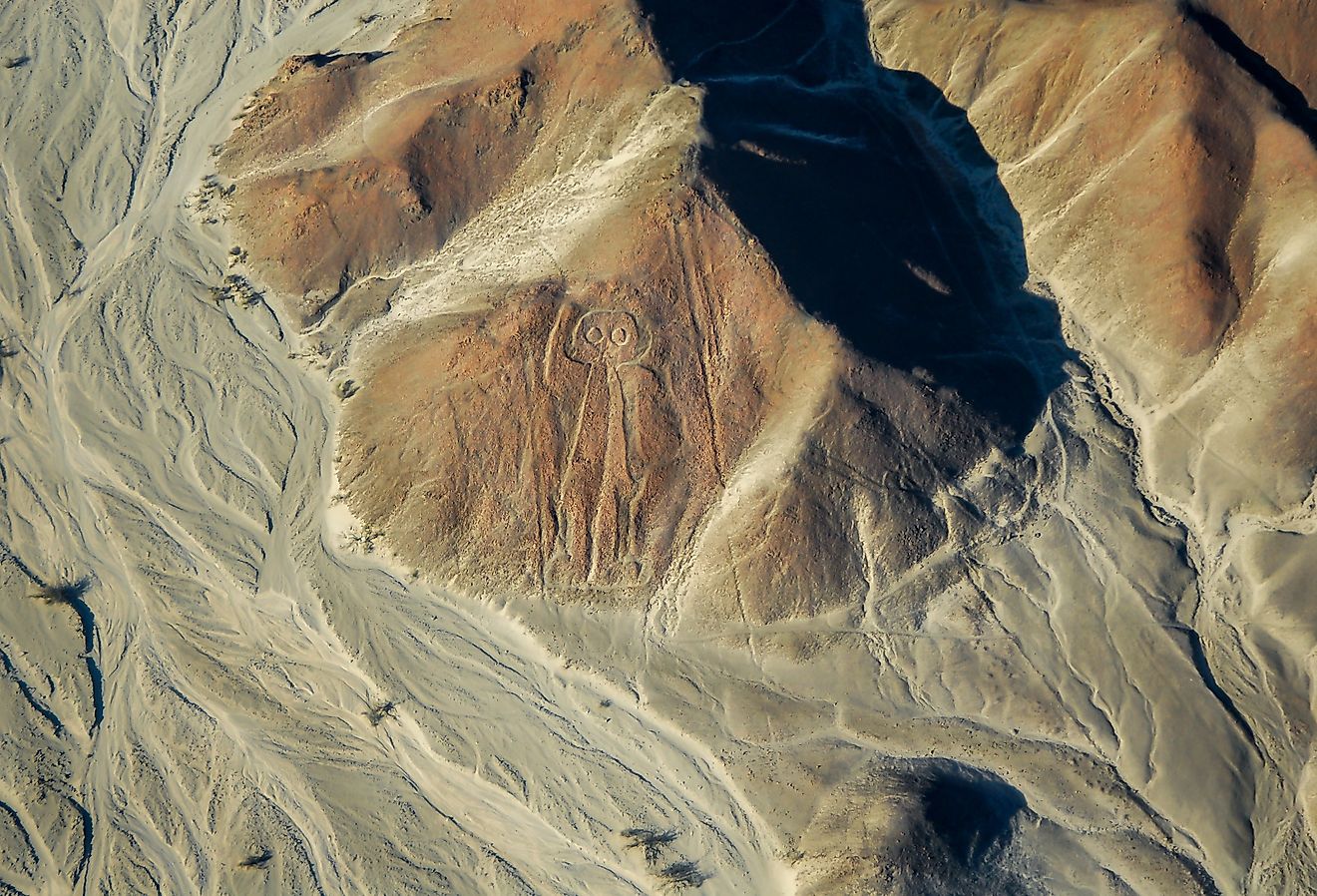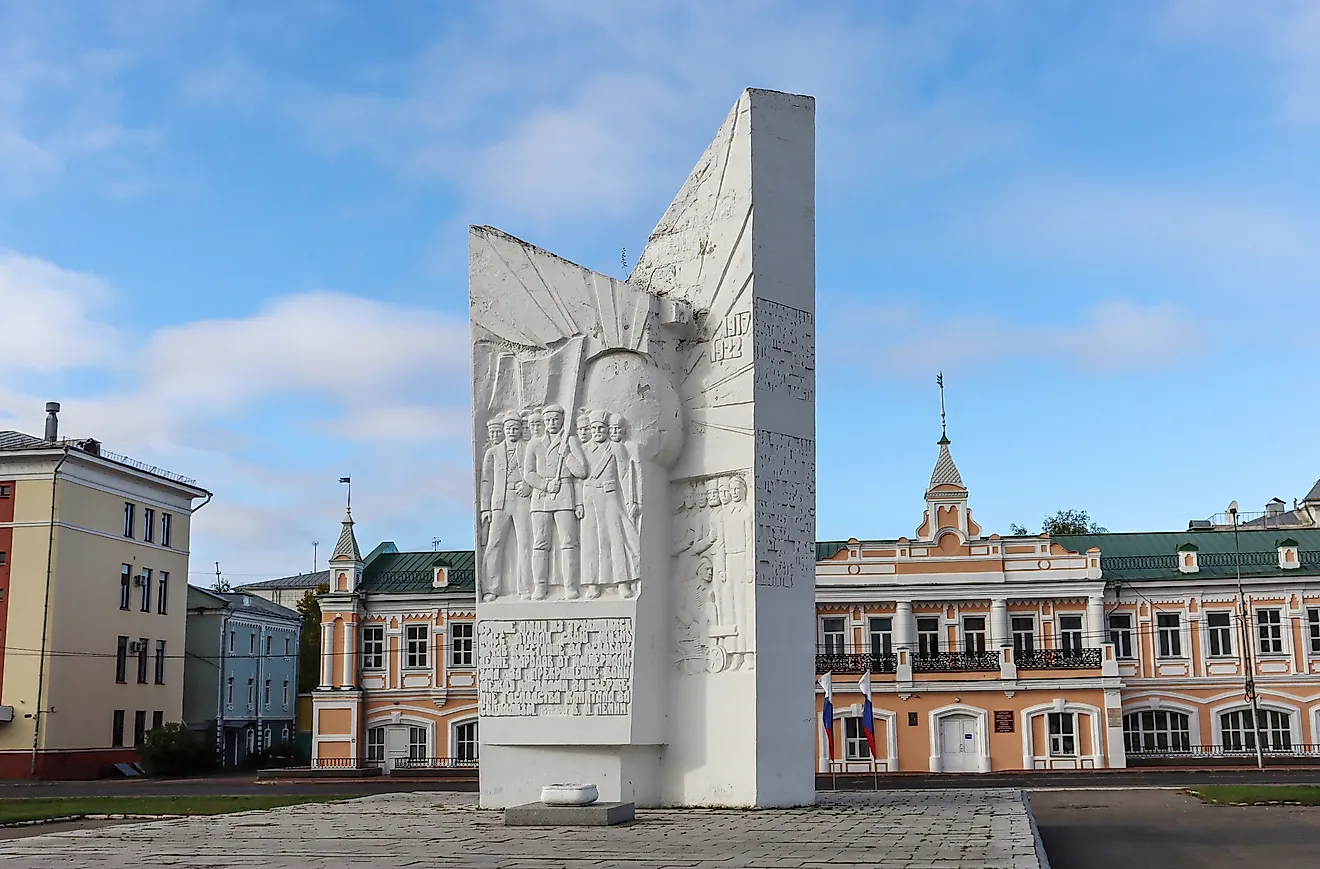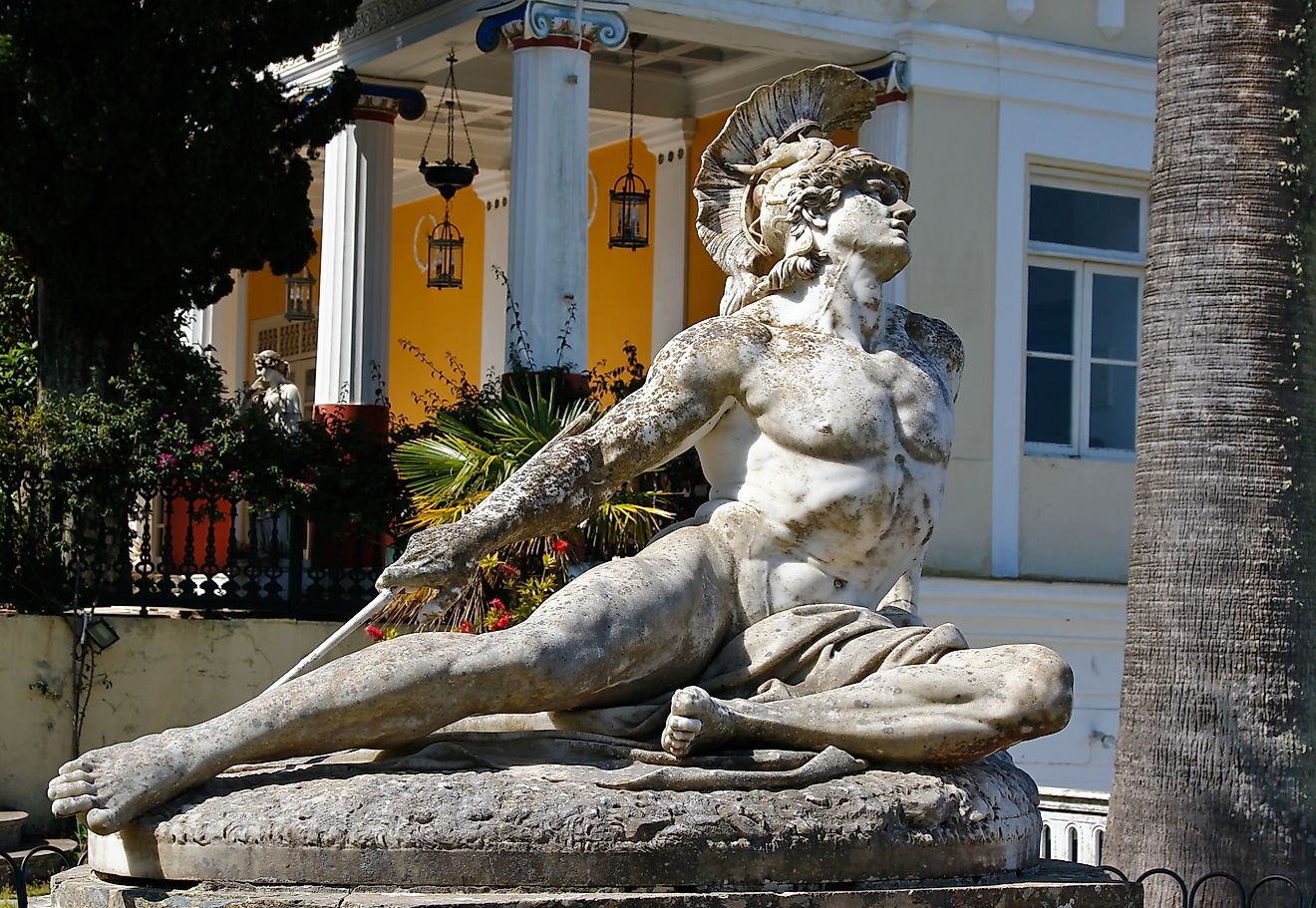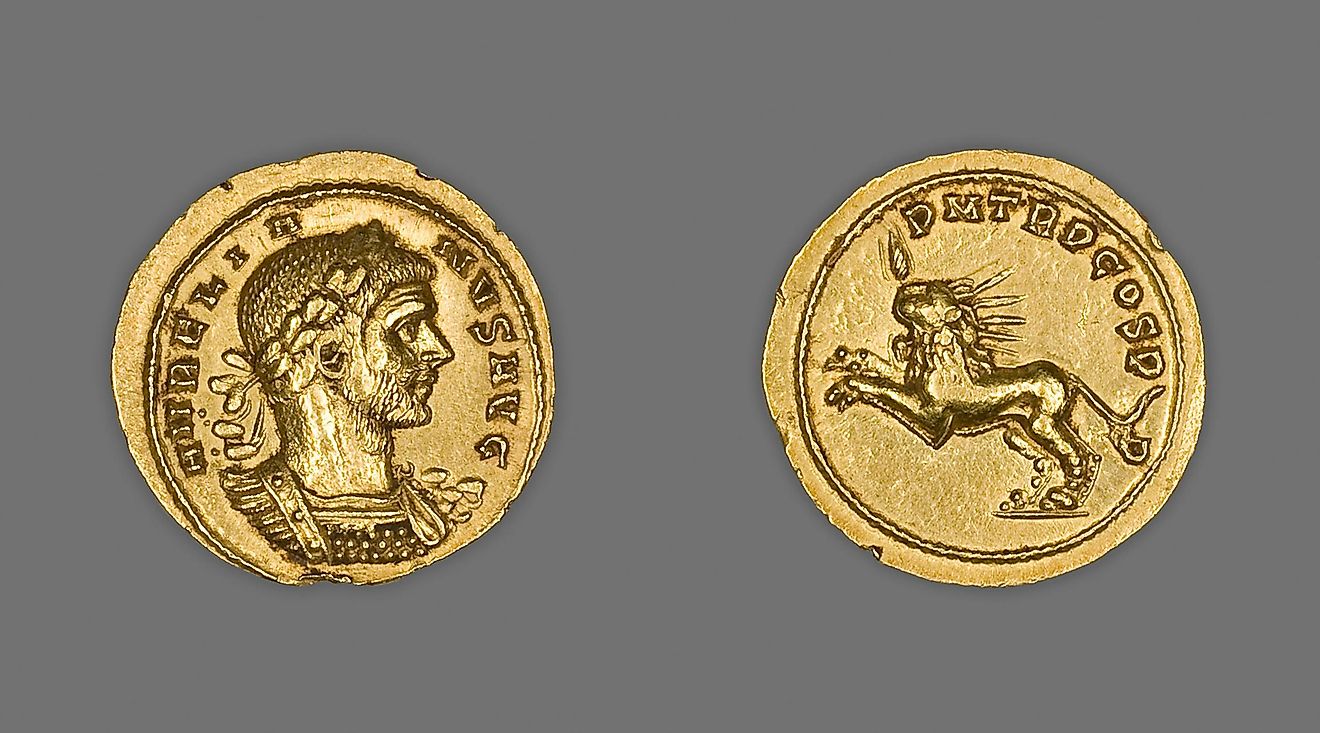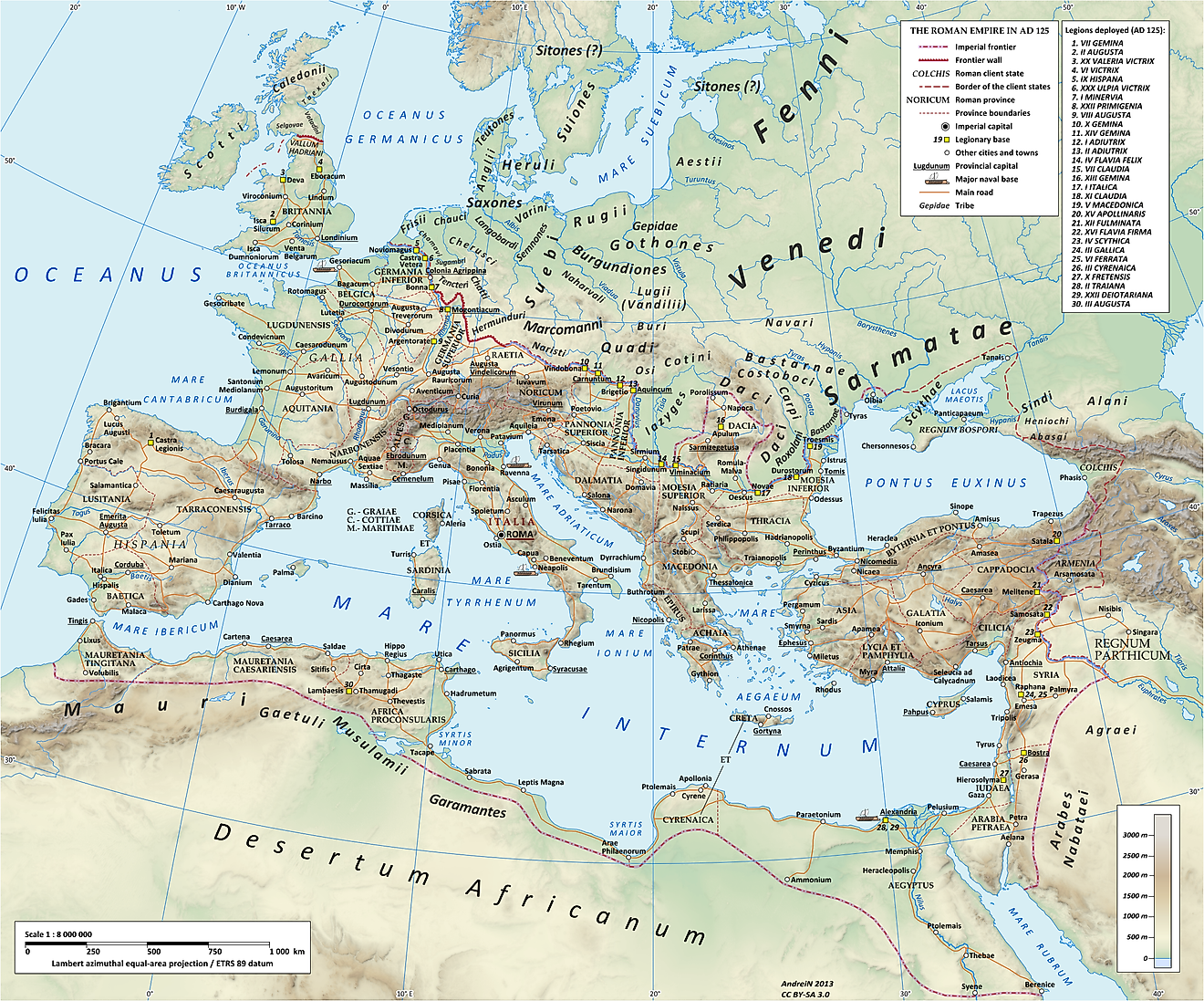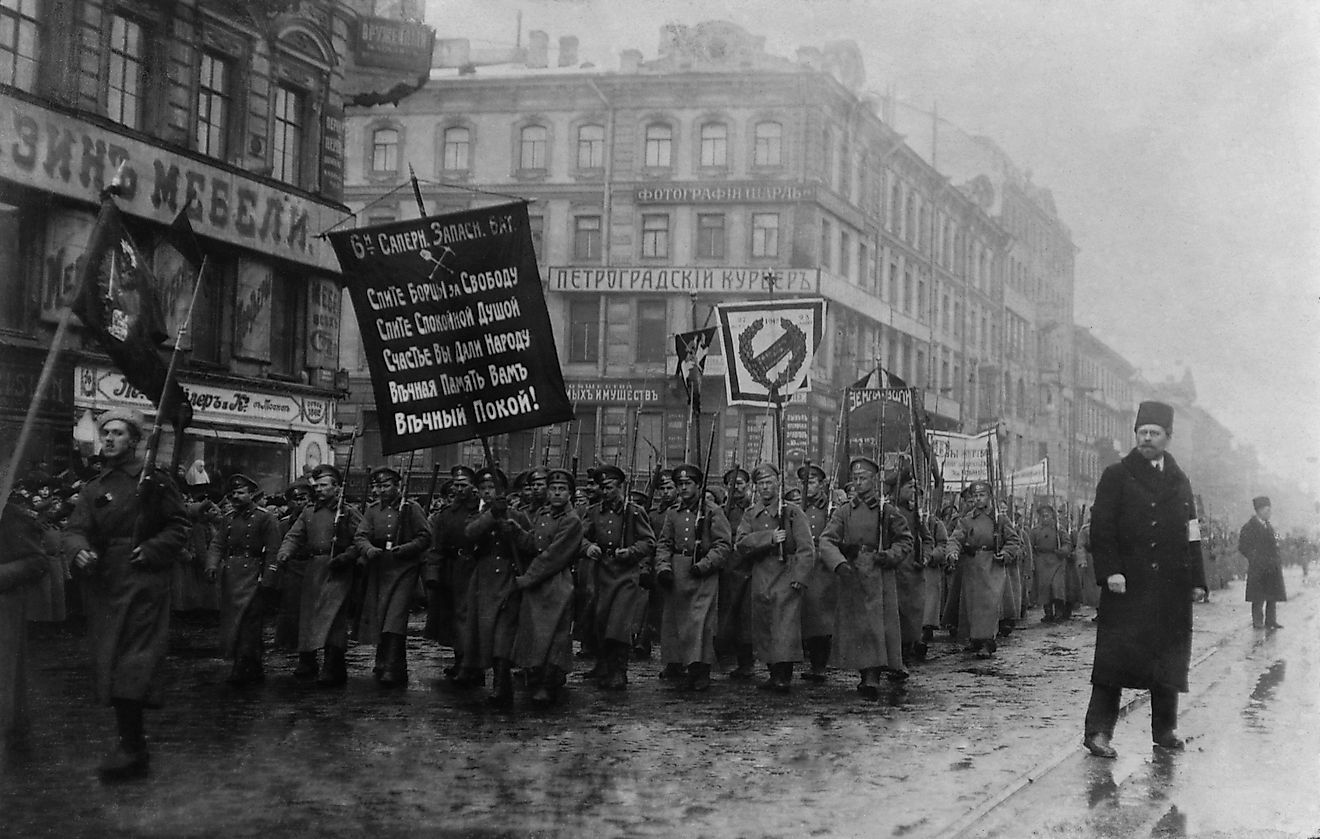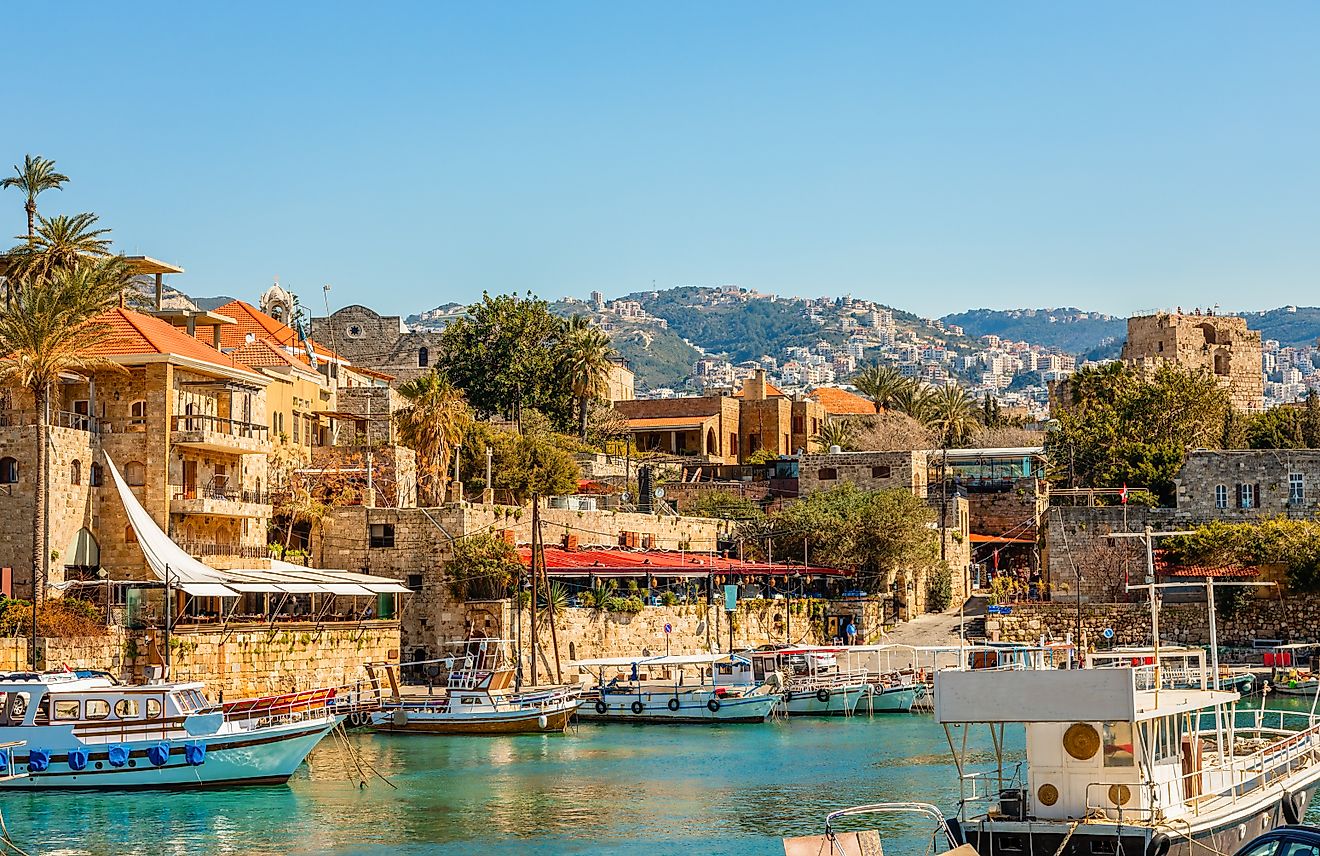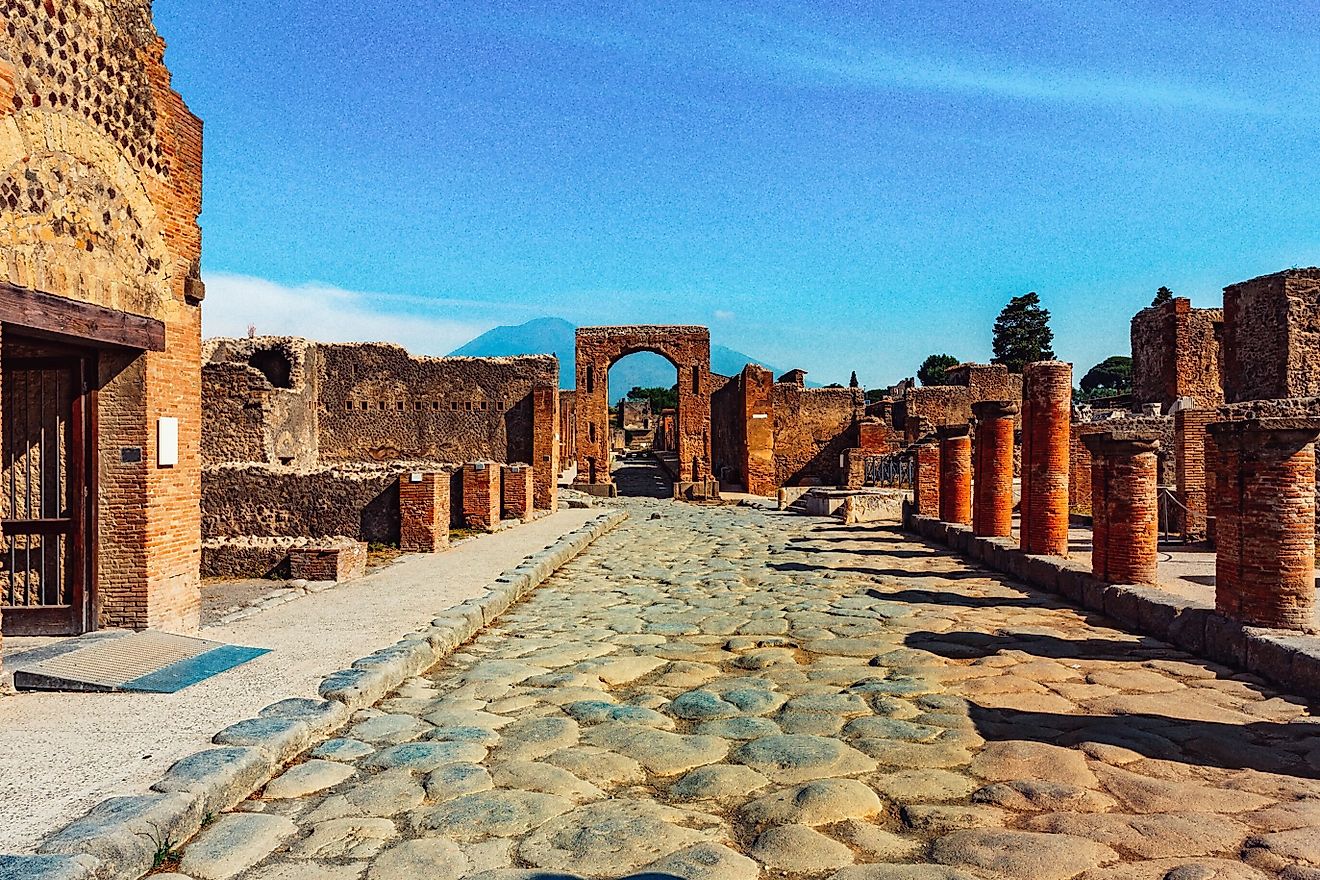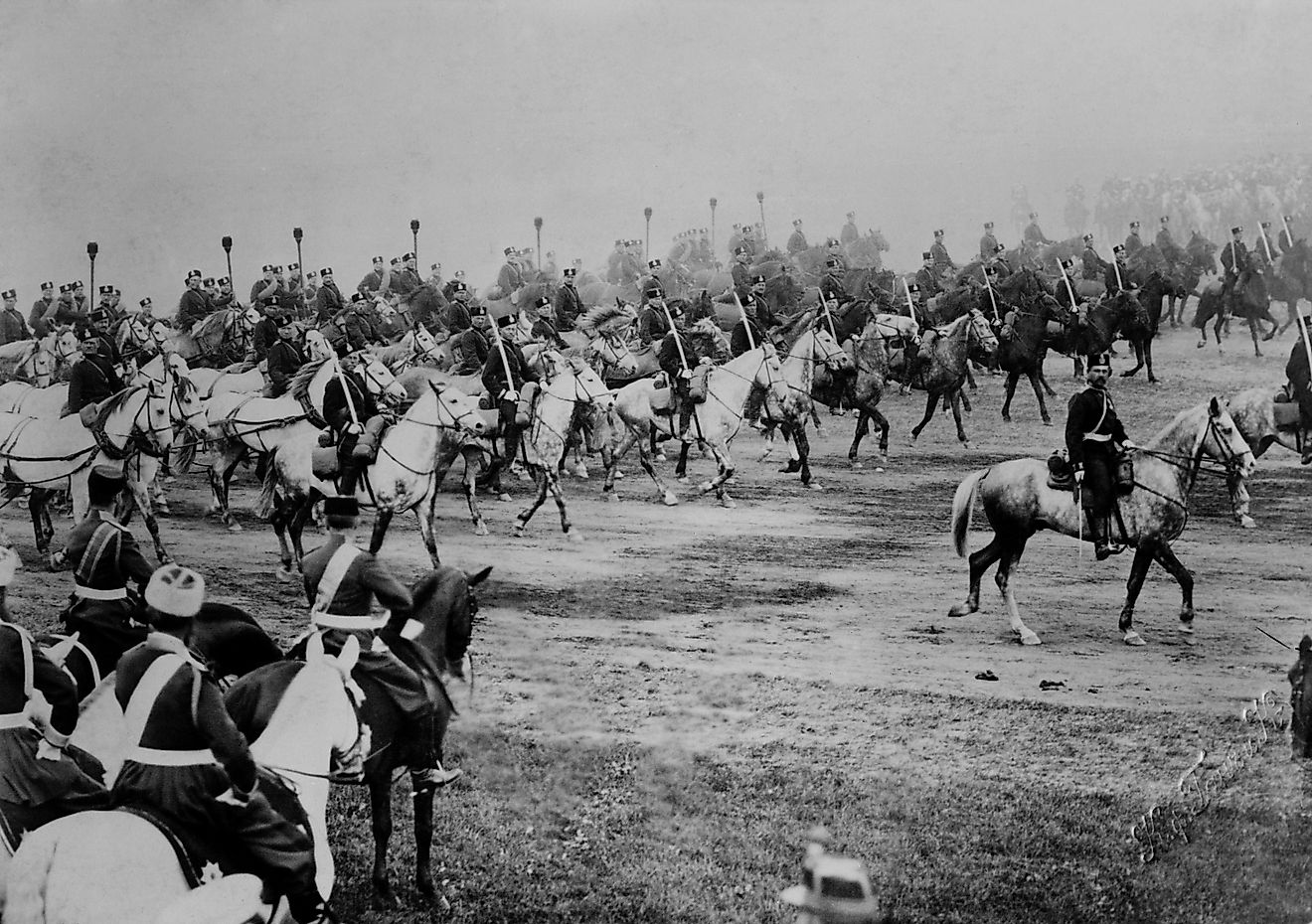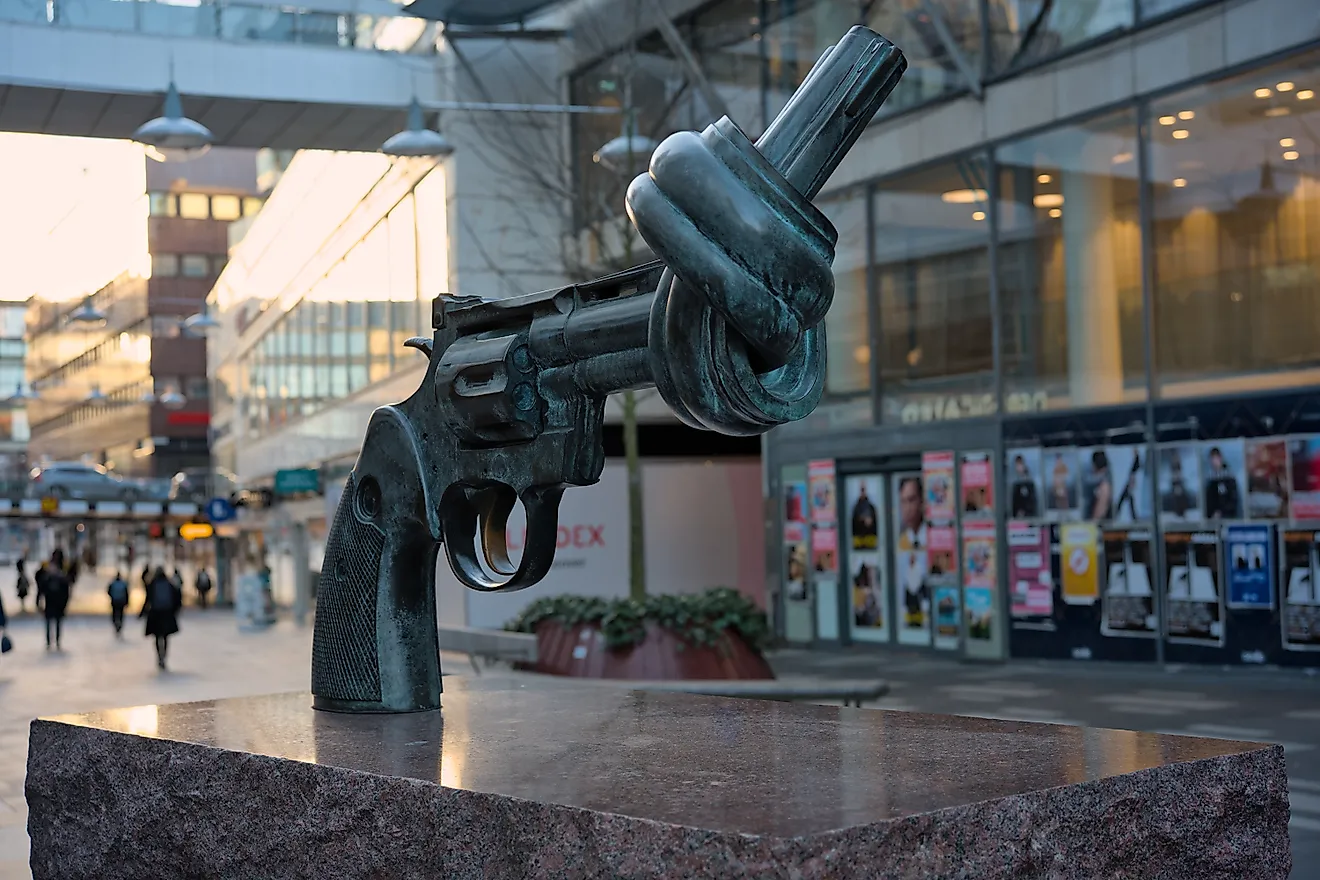
9 Reasons Why The Battle of Waterloo is Still Important
Unstoppable forces met immovable mountains on the violent grasslands of Waterloo. On June 18, 1815, Napoleon Bonaparte finally lost a decisive battle that resulted in the collapse of his empire. After 13 years of shaping France with absolute power, surrounding nations formed a coalition that succeeded in ending his era. A general with more victories and fewer losses than any other in known history, the Battle of Waterloo proved that even some gods can bleed. Here are 9 of the long-lasting impacts of that fateful day, proving that significant events can echo for centuries.
1- Waterloo Cleared the Way to Form NATO and the United Nations

By forcing coalition armies to unite and merge on a scale never seen before, Napoleon inadvertently proved that European powers were capable of a general alliance. Indeed, these countries had to ignore deep-seated hostilities and band together to overcome a new and threatening adversary. Coalitions pooled their resources at the battle of Waterloo, and it has been estimated by some that only 36% of the Duke of Wellington’s forces were British; a regional-based reserve became the natural evolution. Moreover, the term “United Nations” originated from a poem read by Winston Churchill about the Battle of Waterloo.
2- The United Kingdom Increased its Global Reach

In every great battle, concessions are made to the victor as a means to secure peace. Waterloo was no different, and France paid heavily for the cost of war. Following France's loss at Waterloo, the country lost its superpower status, leaving Britain as the dominant world power. Furthermore, Britain gained Trinidad, Sri Lanka, and South Africa, which were essential for colonial administration. These naval bases were crucial for communication, sending reinforcements, and general governance optimization.
3- Waterloo Gave the United States an opportunity to Dominate

The start of the Napoleonic Wars immediately benefited the United States after Napoleon sold the Louisiana Territory to raise funds for his campaigns in 1803 hastily. Furthermore, with resources being poured into the 13-year struggle by the primary European nations, international markets needed additional supply. The United States was ideally situated to take advantage of a competition-free market and to eagerly export vast reserves of grain and cotton. The astounding wealth accumulated during this time accounts for the refusal of southern magnates to abolish slavery. Thankfully, abolitionist causes were not so easily blinded by greed.
4- Waterloo is a Source of the Nationalism That Sparked WWI and WWII

A common theme found in both World War I and World War II was a delusional glorification of war. Fighting for the homeland, just like the ancestors, was a distant dream thanks to relatively widespread peace in Europe. Furthermore, events revolving around Prussian accomplishment in Waterloo created imagery of national pride that the Third Reich eagerly digested. In fact, the Third Reich was the successor to the new German Empire that formed around ideals over Prussia’s participation in Waterloo. After World War I, a global understanding of the horror of industrial warfare was made clear. Even still, Hitler’s fractured people chose to rally behind the banner of that bygone empire.
5- Waterloo Cemented the Structure of the European Union

The concept of a “King of Kings” is an ancient one, and in the medieval era, that title was synonymous with the Holy Roman Emperor. Essentially a figurehead guiding multiple European powers, the Holy Roman Empire collapsed due to none other than Napoleon. If Napoleon had been successful in invasions past the French border, a superstate could have come into existence. By sheer force, adjacent nations stood their ground, united, and finally drove him back. Waterloo was more than an attempt to reinstate the French monarchy; if France was not defeated, an amalgamation of European strength could have fallen under Bonaparte’s control. This contest proved that the European Union could operate as a supranational organization, rather than a consolidated Empire.
6- The French Still Harbor a Grudge

Napoleon was a controversial character; he reinstated slavery, limited rights for women, and cost Europe millions of deaths. However, his period of manic ascent gave the French a national identity to unite around, and the iconography of the Napoleonic Era has persisted until today. Therefore, when Belgium minted a euro coin featuring Waterloo in 2015, France attempted to block it. During the commemoration, France neglected to send anybody more important than an ambassador, despite other nations sending royal family members. After all, the war hero was a product of his time and did cement many primary values of the French Revolution into the legal system.
7- It Left Us With Stunning Quotes

"My true glory is not to have won 40 battles ... Waterloo will erase the memory of so many victories, ... But ... what will live forever, is my Civil Code." By Napoleon Bonaparte.
"The Battle of Waterloo is a work of art with tension and drama with its unceasing change from hope to fear and back again, change which suddenly dissolves into a moment of extreme catastrophe, a model tragedy because the fate of Europe was determined within this individual fate." By Stefan Zweig.
"Pile the bodies high at Austerlitz and Waterloo. Shovel them under and let me work. I am the grass. I cover all." By Carl Sandburg.
8- It Ended the Napoleonic Wars

13 years of bloodshed followed the declaration of war that Britain made on France, in 1803. Potentially 3.5 million soldiers perished alongside 3 million civilians, which mars the legacy of heroism that many romanticize the era with. At one point, all of Moscow was burned and evacuated as a means to trap the advancing French armies. This level of attrition was not seen again in the 19th century until the Civil War of the United States, as well as the Taiping Rebellion in China. After suffering hundreds of years from the oppression of monarchs, France could finally stabilize under the rule of a king who did not mind integrating policy from the French Revolution.
9- It Ushered in a Period of Peace

When Louis XVIII took the French throne from Napoleon in 1815, he instituted the Charter of 1814. Furthermore, the Napoleonic Code was still in effect, which single-handedly addressed the chaos that the French legal system was in. With coalition alliances secured once again, France was no longer vulnerable to annual invasion. Several transitions of power occurred, between monarchies, republics, and empires, before the French government of today was established, known as the Fifth Republic. Regardless, Waterloo ensured that this process would begin on steadier terms. Although Napoleon did usher in reforms from the French Revolution, it is possible that if his empire survived, France could still be locked in a dictatorship today.
Conclusion
A man against the world, Napoleon stood his ground and paid the price for it. Imprisoned on the island of Saint Helena until his death, Waterloo would be the last battle he ever participated in. Attempts to rally remaining French leaders to his side proved fruitless, and Napoleon was left alone to face the music in his last week of freedom after the battle. He may have known that the world would still be talking about those events two hundred years later, which must have provided some comfort in his final days.
